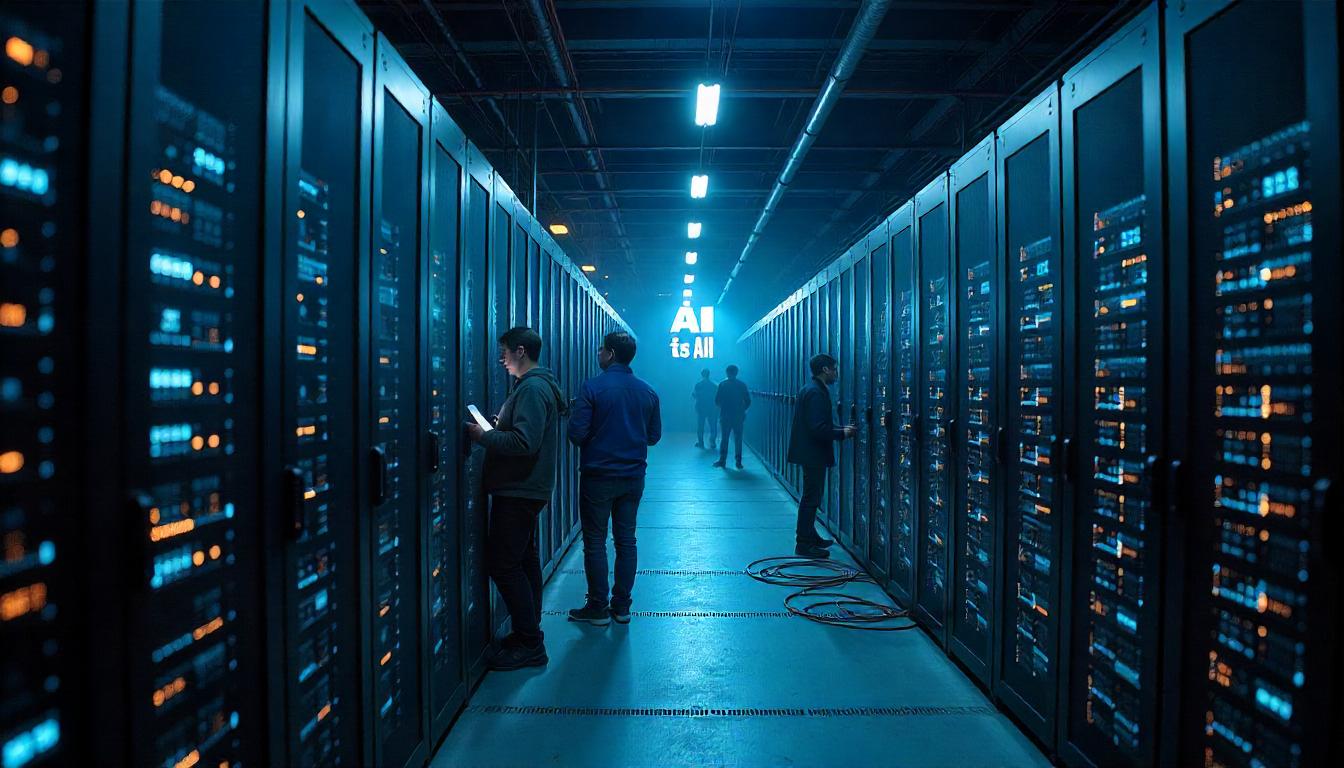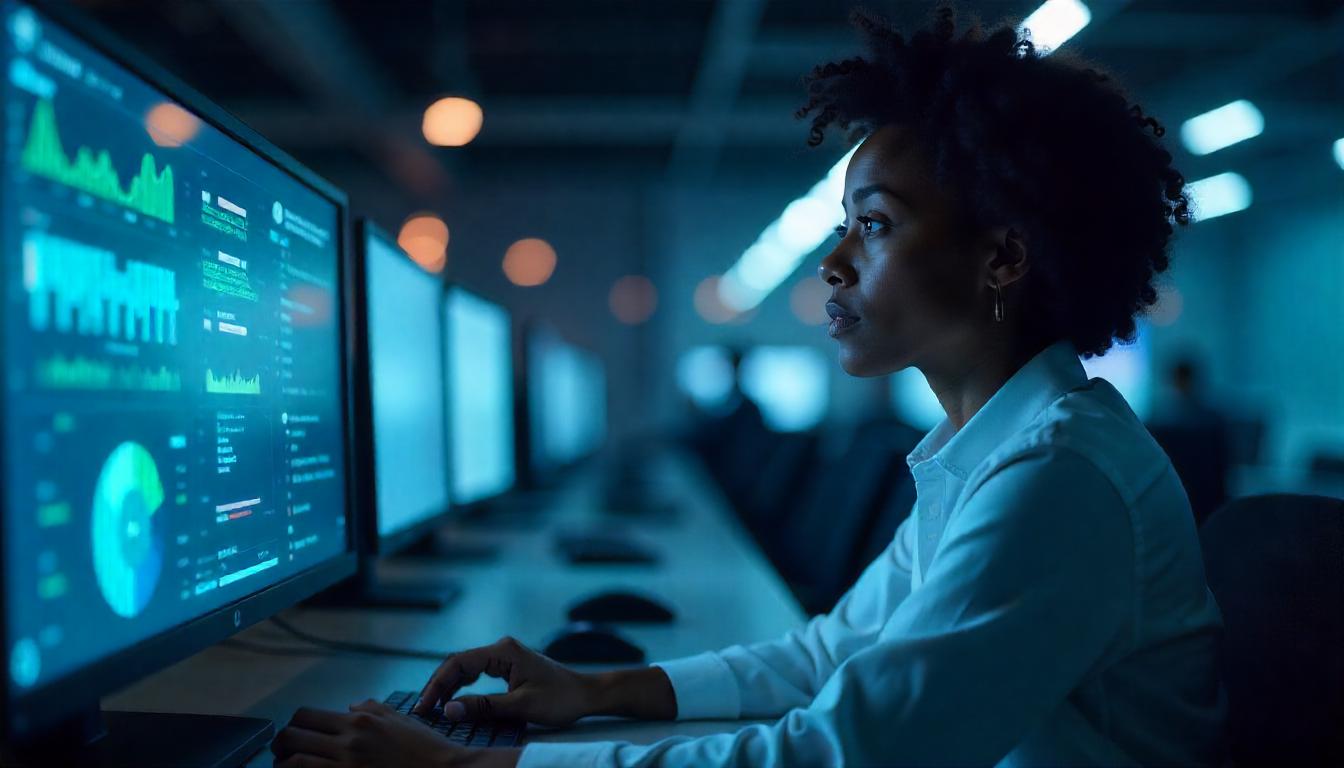Can AI Be Truly Fair and Unbiased?
Artificial Intelligence (AI) has become deeply woven into our daily routines. It curates our playlists, filters our emails, and even helps determine crucial decisions like job offers and loan approvals. Yet, as AI’s role expands, one pressing question remains: Can AI ever truly be fair and unbiased?
The Myth of Neutral AI
It’s easy to assume AI is neutral because it runs on algorithms and data. But AI learns from data generated by people—and people bring their own biases and imperfections.
For example, imagine an AI system used for hiring that’s trained on past employee data from a company that historically favored men. Even without intending to, the AI might start prioritizing male candidates. Similarly, facial recognition systems have been shown to be less accurate for people with darker skin tones, largely because their training data lacked diverse representation.
How Bias Creeps into AI
AI bias can appear in multiple ways, such as:
- Data Bias
When AI is trained on incomplete or unbalanced data, the results often reflect those imbalances. - Algorithmic Bias
The way algorithms are written or adjusted can accidentally introduce bias, even with balanced data. - Societal Bias
AI can absorb and mirror the prejudices already present in our society, sometimes amplifying them further.
Why AI Bias Matters
Bias in AI isn’t just a technical problem—it affects people’s lives in real and significant ways. For instance:
- Hiring Discrimination
AI tools might unfairly filter out qualified candidates based on gender, race, or other personal traits. - Unfair Financial Decisions
AI used in lending could deny loans to certain groups, reinforcing economic disparities. - Law Enforcement Risks
Biased facial recognition systems have contributed to wrongful arrests, disproportionately impacting people of color.
These outcomes damage trust in AI and deepen social inequalities.
Is Perfectly Unbiased AI Possible?
Completely erasing bias from AI may not be realistic because all data reflects an imperfect world. However, researchers and developers are working to make AI systems fairer through:
- Better Data Diversity
Training AI on datasets that truly represent varied populations and experiences. - Bias Audits and Monitoring
Regularly testing AI systems to identify and correct biased outcomes. - Transparent AI Systems
Building AI that explains how it reaches its decisions, so users can better understand and question the process. - Ethical Guidelines
Creating standards and principles to guide the responsible development and use of AI.
How Individuals Can Help
While much of the responsibility lies with tech companies and policymakers, everyday users can help encourage fairer AI by:
- Asking questions about how AI tools work and how they use personal data.
- Supporting laws and policies that enforce fairness and transparency.
- Encouraging businesses to prioritize ethical AI practices.
The Road Ahead
AI holds incredible potential to improve lives and solve big challenges. But for it to truly serve society, it must be developed and used responsibly. Whether AI can ever be completely fair and unbiased is still uncertain. What’s clear is that striving for fairness is essential—and it’s a task we all share.
So, the question remains:
Can AI be truly fair and unbiased?
Or perhaps the real question is: How committed are we to building AI that’s as fair and unbiased as possible?

































